“Baby Reindeer” is not what you expect; it’s much darker, unsettling, and emotionally resonant — an important and extraordinary journey.
A writer and comedian may have created Baby Reindeer — and the trailer may make it look like a cheeky dark comedy and a fun, twisty thriller — but I assure you, it’s horror. It would be deeply disturbing and unnerving enough if it were a work of brilliantly conceived fiction. Knowing it’s a true story, however, makes it especially horrifying.
In this seven-part Netflix miniseries, Scottish writer and comedian Richard Gadd adapts his successful one-man show to recount the true story of his nightmarish experience with a serial stalker.
In the easily bingeable series that will have you glued to your television while gripping the couch cushions, Gadd portrays Donny Dunn, a fictionalized version of himself. He takes viewers on a harrowing journey into the darkest depths of his suffering—well beyond the torment inflicted upon him by a mentally ill woman and into the recesses of his inner turmoil.
With Gadd at the wheel, the show is, at times, hilarious and wonderfully charming. Other times, though, it’s downright devastating in a way that will take you time to recover.
Beginning six months into his ordeal, we find a struggling twenty-something bartender and wannabe stand-up comic walking into a London police station in an attempt to stop the daily, nonstop harassment and unwanted attention he’s been receiving from a woman named Martha (a committed, compelling, utterly chilling performance from Jessica Gunning).
As you might expect, the police offer little assistance or reassurance: come back if she does something REALLY scary (and cross your fingers that you’re alive to report it).
Then we rewind to the beginning when a chance encounter and a simple act of kindness first put these life-changing wheels in motion.
Martha walks into the pub where Donny works, looking miserable and triggering his empathy. When she says she can’t afford a cup of tea, he pours her one on the house. Instantly, she feels a connection, the spark of humanity she’s been aching for.
From that point forward, Martha becomes a permanent fixture in Donny’s life — at first endearing with her infectious laugh and seemingly innocent sweetness. Then, an unassuming joke gets misinterpreted, and friendly banter gets mistaken for romantic intentions. From there, Martha’s darker side gets brought into the light, and Donny becomes increasingly troubled by her pervasive presence in every aspect of his life.
While this IS a story about Gadd’s real-life encounter with an aggressively persistent and unstable stalker that took a toll on every aspect of his personal and professional life, that’s far from the only story he’s attempting to tell in Baby Reindeer.
In fact, what the show is ultimately about is something far more heartbreaking.
While Martha’s mental state is undoubtedly explored with both concern and compassion, Donny’s mental state forms the heart and soul of BABY REINDEER (Martha’s pet name for Donny).
Gadd is careful to lay out, in unflinching and often gut-wrenching honesty, the circumstances that led him to this dark place in his life, where the attention of someone as obviously problematic as Martha would be welcome rather than immediately rebuffed.
In a shocking and emotionally decimating episode, the show takes a decisive turn, and you realize it’s really about victimization and the debilitating long-term impact it has on a person’s psyche and sense of identity.
Candid and intensely vulnerable, Baby Reindeer effectively explores the sometimes treacherous landscape of mental health and the events that shape how we see ourselves and the world around us.
It’s incredible how it can feel so shockingly, jaw-droppingly unbelievable, and simultaneously profoundly relatable.
Religious folk (I’m not one of them, but the sentiment is important) have a lovely turn of phrase: There but for the grace of God go I.
Ultimately, that sums up Baby Reindeer beautifully.
It would be easy to reduce Martha to an unhinged nutjob, making her a despicable villain and letting Donny be an innocent victim swept up in her raging storm. Yet, Gadd resists either temptation. Instead, his alter ego is flawed and full of regret, while his adversary is a complex and sympathetic broken soul with a painfully shaky grip on reality.
She’s terrifying, yes, and the situation she puts Donny in is inexcusably horrible. But we also feel her loneliness and pain (as Donny does). We understand something tragic must have brought her to this point; perhaps, as we learn in the show’s perfectly poignant conclusion, it’s a lifetime of neglect and the culmination of years of feeling less than human.
Gadd also understands that Martha and Donny are more similar than he’d like to admit, that they are two sides of the same coin.
Feelings of inferiority and inadequacy haunt both, and both have developed unhealthy coping mechanisms for survival. In another life, Donny could be Martha, and Martha could be Donny.
Mental illness may not make us all delusional or dangerously obsessive. But many of us can relate to feelings of shame and regret. We can relate to poor life decisions, the kind of self-sabotage that makes you question your sanity. We can even relate to being unnecessarily cruel or callous with another’s emotions because we can’t honestly face our own ugliness.
Both Gunning and Gadd absolutely stun in this challenging and captivating series.
Gunning manages to be damn delightful one minute and frighteningly deranged the next.
She succeeds at embodying a multi-dimensional character who is both scary and sad, one who elicits both empathy and rage. Not since Kathy Bates’ Academy Award-Winning performance as obsessed fan Annie Wilkes in Misery has a character been so terrifyingly disarming and dangerous in equal measure.
As for Gadd, he delivers a masterclass in raw vulnerability that will leave you shattered but profoundly affected. He lets viewers into the cathartic but torturous act of laying your soul bare, even if it means revealing an ugliness you’d rather keep hidden. The fact that he was forced to relive some of the worst, most haunting, and shameful moments of his life makes his potent performance cut quite a bit deeper.
The final reveal of the title’s more profound meaning will shake you to your core.
Yes, this is a tale of abuse, both mental and physical. And it’s grievous. Yet, the ultimate horror in this veritable house of horrors is that, far too often, the person who inflicts the most pain and suffering on us is ourselves.
Gadd’s bravery and honesty, his willingness to drag his darkest demons into the light for the world to see, will make you take stock of the lies you tell yourself and others to keep your own darkness hidden out of fear and shame. With any luck, this sensitive story may make you a bit braver and a bit more willing to live your authenticity, as scary as it may be.
Despite the horror, Baby Reindeer is one of the best explorations of humanity, empathy, and love — love for others and, most importantly, self-love — you’ll ever see.
This one comes with both my highest recommendation and a legitimate trigger warning. Much of the material explored is sensitive, including sexual assault and mental illness.
It’s far from an easy watch, but it may be one of the most rewarding of the year.


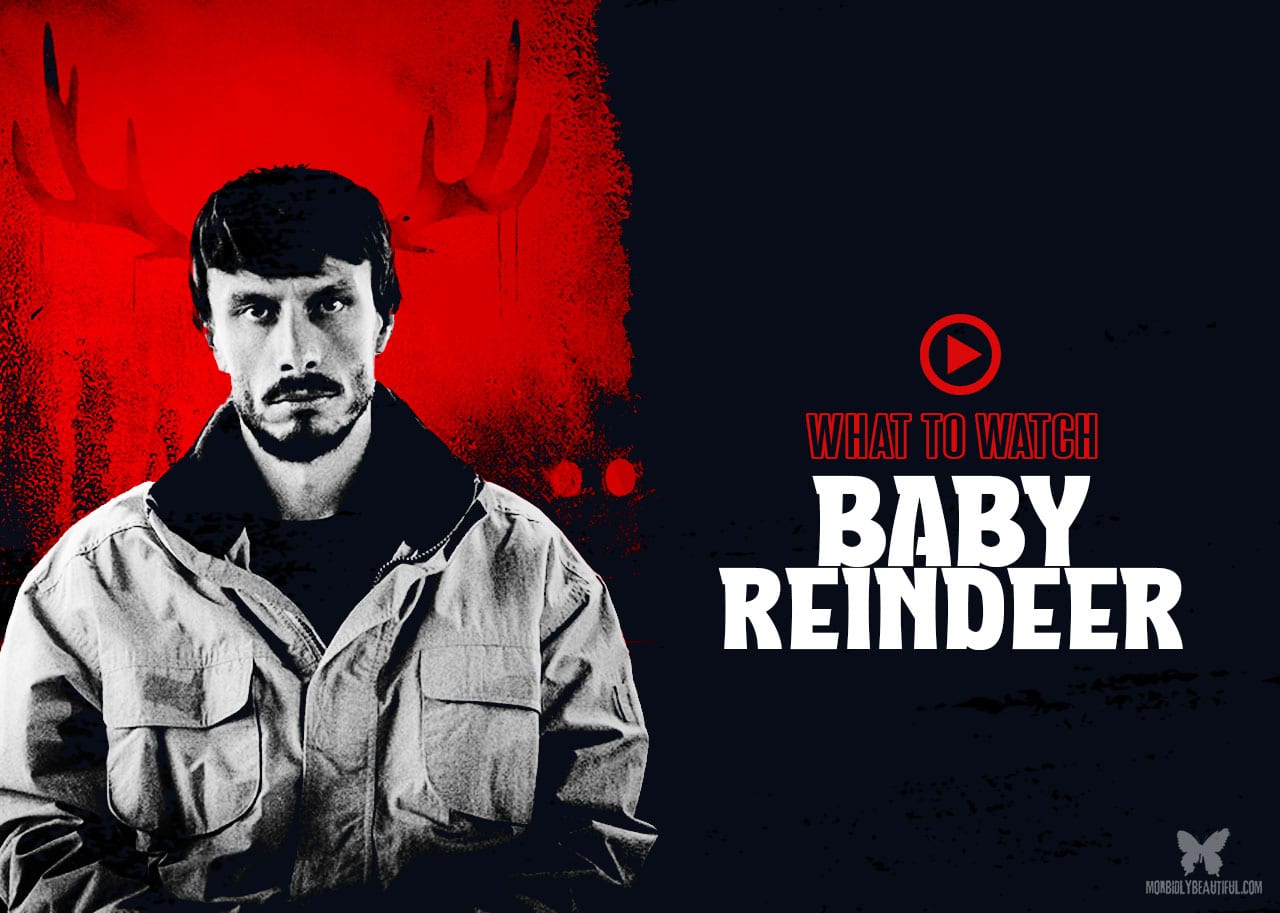
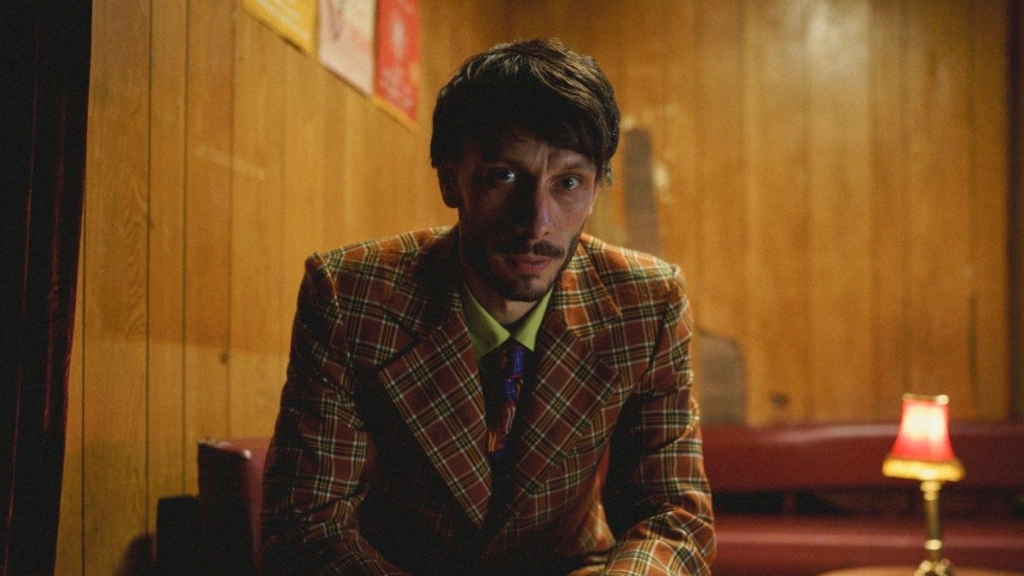
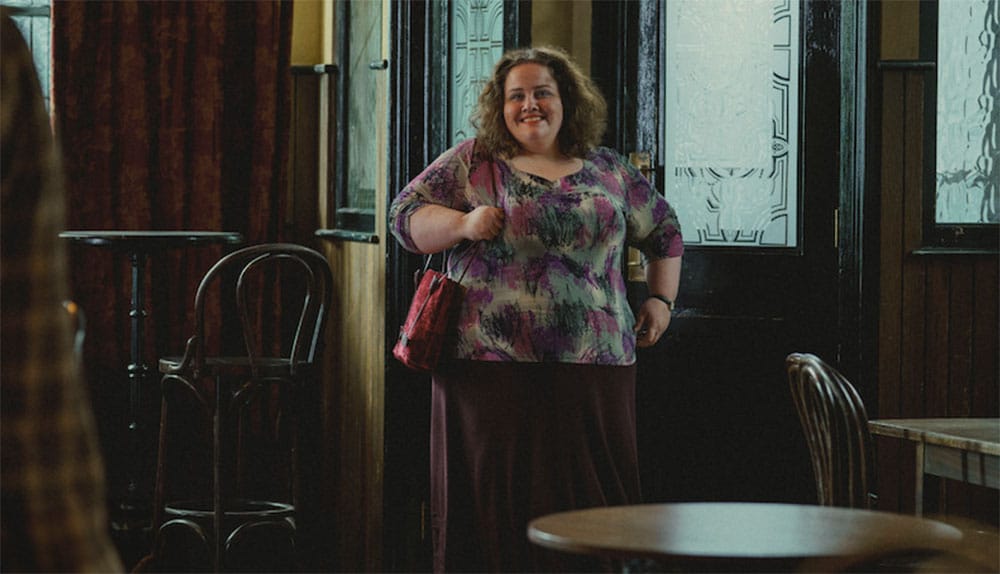
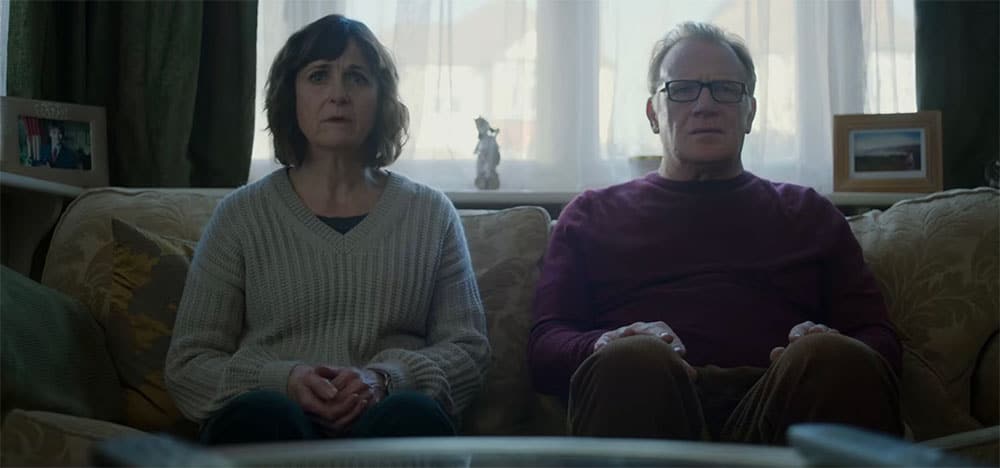

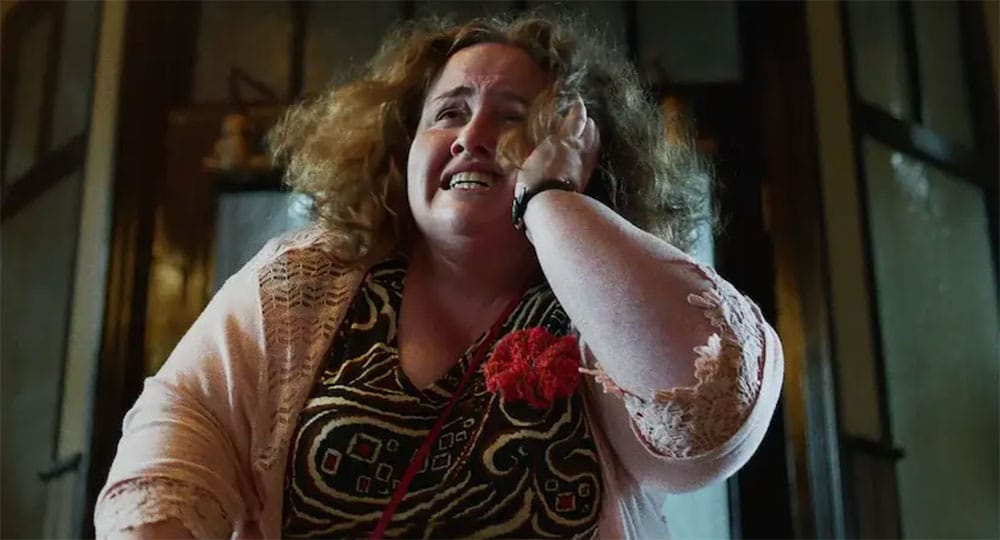
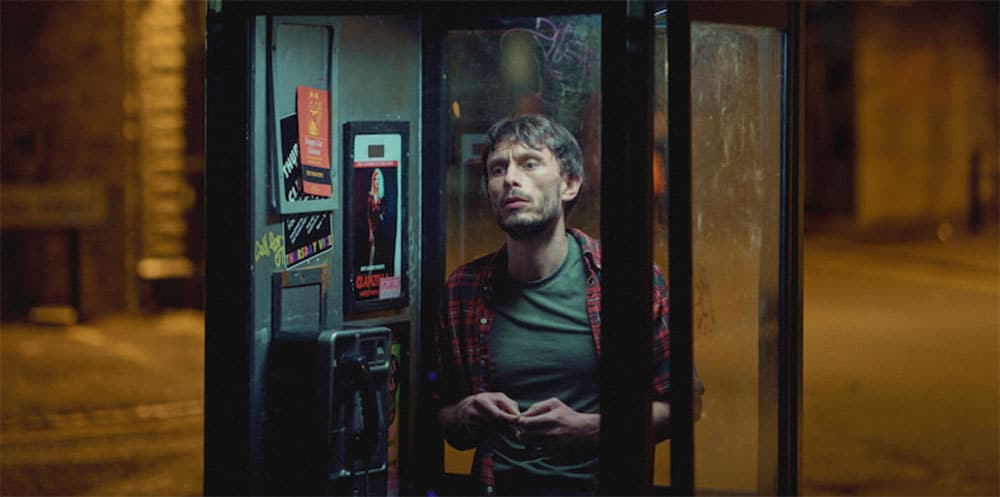


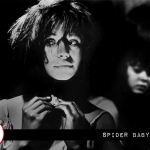









Follow Us!